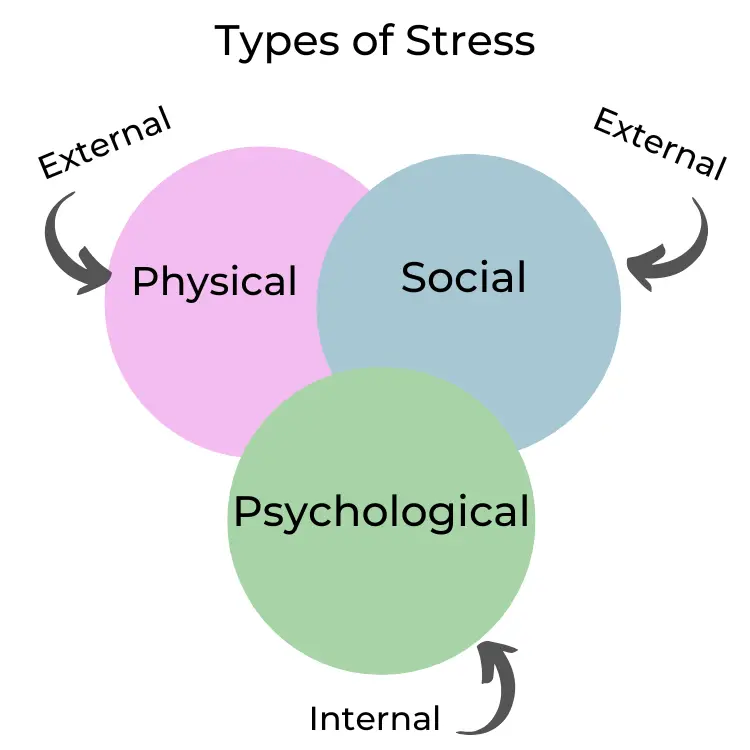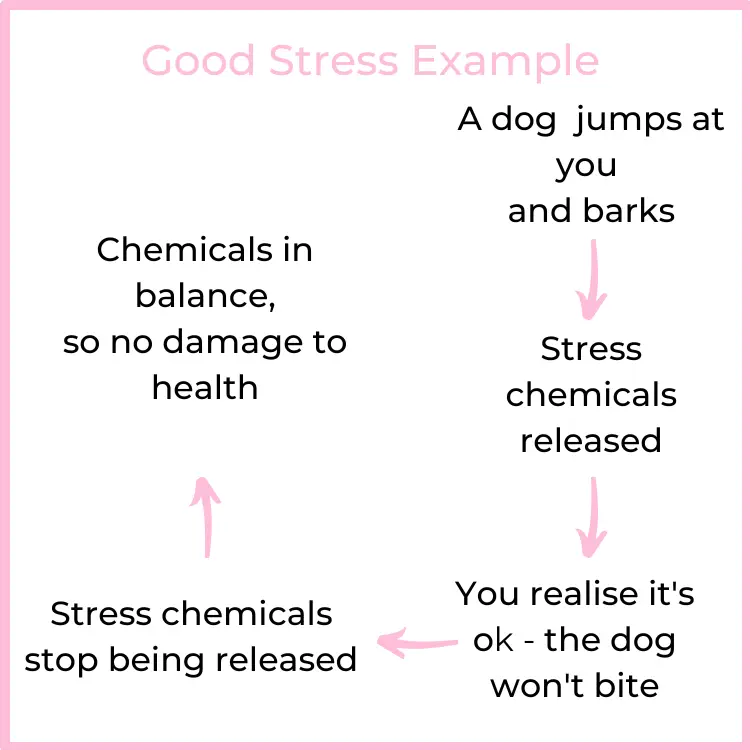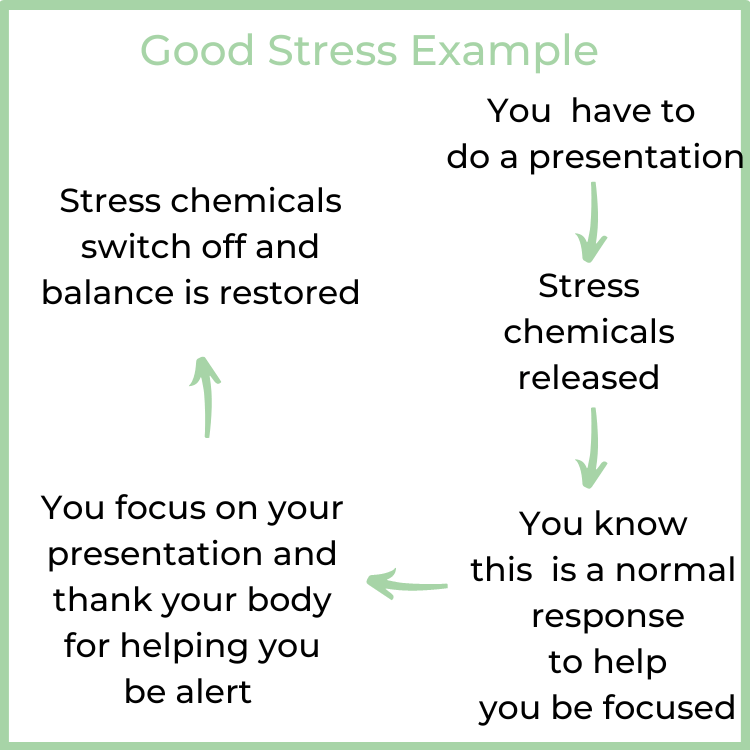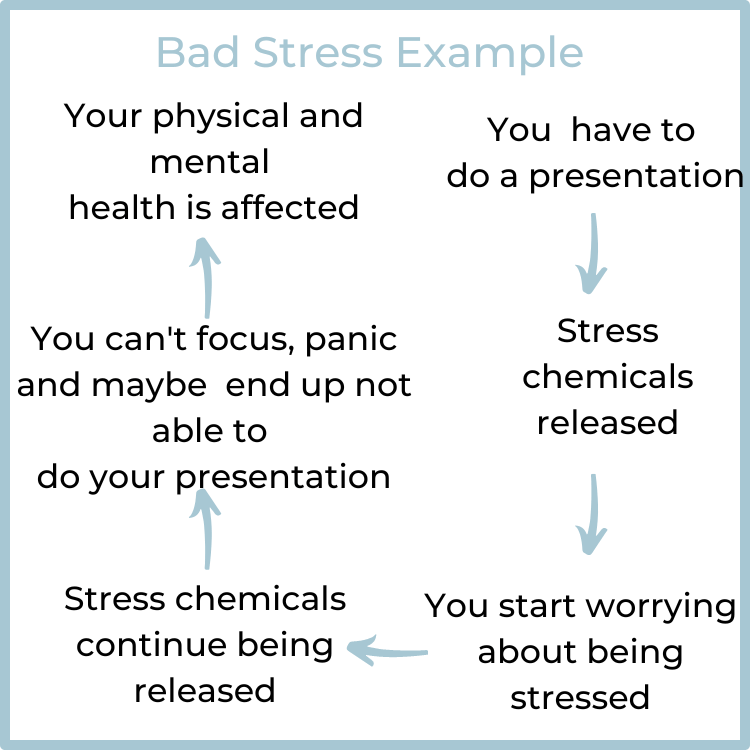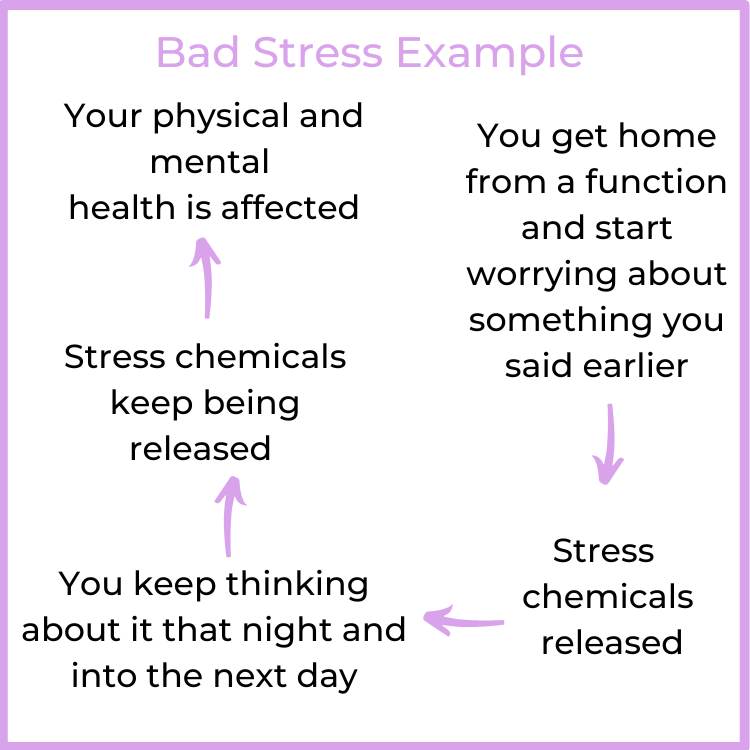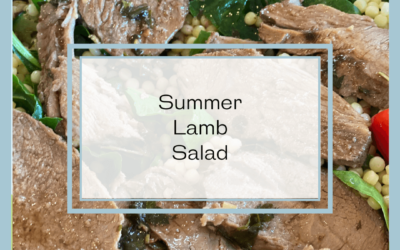The 3 kinds of stress – 3 simple ways to manage it
As a dietitian and wellbeing coach, I focus on the importance of nutrition in your health, as well as your emotional and physical wellbeing. How you feel about yourself, your work, your health, what you eat – they all play a role in you being able to be your best self.
One of the many factors influencing your wellbeing is, of course, stress. Yes, I know stress is a buzzword and maybe you think it can’t be playing a role in what you are experiencing. Well, how about we take a look at what stress actually is and what it might be doing to you.
What is stress?
Stress is basically a response to stressors in your life. These can be internal (your thoughts and feelings) or external. Stressors influence your brain to trigger a stress response, helping you deal with the perceived threat.
Physical stressors are things like noise, heat, pollution, radiation, viruses – in other words external things that put a strain on you.
Social stressors include social interactions that trigger a stress response. Examples include argumentative customers, conflict between your co-workers, unfair treatment from others, discrimination, relationship issues. I’m guessing some of this sounds familiar.
Psychological stressors are your internal thoughts and feelings that arise in situations or when you are alone. These include feelings of self-doubt, unrealistic expectations, low self-esteem, worry about what people think.
If you’d like to know more about psychological stressors and the work I’ve done with clients on these, click here.
Is all stress bad?
You would think so, because it doesn’t sound like it can be a good thing. However, stress is actually a normal response. Remember our bodies are designed uniquely and cleverly. Stress is designed to protect you from danger.
Imagine you are walking along the road and a strange dog suddenly jumps out at you. This makes your brain detect danger and prepare your body to escape. To be honest, I find this so amazing – it is like having a built-in fire alarm. Your body starts releasing stress chemicals, including cortisol and adrenalin.
The aim of these is to release energy to you and to increase your heart rate, increase your muscle tension so you can run for your life if need be. Once the perceived danger is over, the stress chemicals stop being released and you return to normal. Here’s a diagram to show you what I mean:
Stress only becomes an issue when stress chemicals are constantly being released. This happens if we’re living in a state of toxic stress. This can be due to your own internal worries and thoughts. This constant release of chemicals has the ability to cause cell damage, inflammation and potentially lead to many health issues – including your gut playing up.
Let’s imagine you have to give a presentation at work. For some of us, the stress of this stays manageable – in fact, it can even be a good thing. This diagram shows how good stress might look like in your body.
However, for others, giving a presentation is overwhelming – even crippling. Here’s how stress might look in their body.
Now for some of you, doing a presentation may be a really easy thing to do, but put you in a social situation and that built-in fire alarm starts going off. Here’s what happens then:
I’m going to be exploring stress in future blogs. In the meantime, here are three things you could try that might help.
Fuel your Body
Ensuring that you are providing your body with nutrients is vital. Think of it like your car – it is very hard for your car to function if it doesn’t have petrol. In the same way it is hard for your brain to make good decisions and choices, when faced with stressful thoughts without nutrients and energy to do so. So have a look at your day and see if you can make eating a priority. This may mean blocking off time on your calender or moving a meeting to a different timeslot. I know this may not come naturally to you, or you may forget. Setting an alarm can be a helpful reminder that it is time to eat.

Relax your Body
Give your body a chance. This is the time of the day when you can give yourself permission to focus on your body – and yourself. We all need to eat in a day – me included.
Here are some suggestions of what this might look like:
Choosing one meal or snack every day where you don’t use any media while you are eating.
Focussing on just enjoying that meal. See what you notice about the taste and smells.
Taking a mini pause before eating to get yourself into a relaxed state.
Move your Body
I’m not for one minute suggesting going and doing a hard workout at the gym, unless that is something you enjoy. Whether you feel like it or not, exercise can be a good antidote. It releases endorphins, which block pain and can therefore reduce stress. Doing an exercise where you have to focus, also moves your brain’s attention from the thing you are worrying about to what you are experiencing.
So, try a brisk walk, while taking note of the scenery, or run around and play with the dog, or put some music on and dance in your living room. These are all great options for helping your body switch off those stress chemicals. A few minutes a day is a great place to start.
Interested in learning more about managing stress?
Believe me, your health and your digestive tract will thank you for it. To motivate yourself into starting to take some action, think about how you would personally gain. The more emotional gain of why you would really want to change anything, the more likely you are to actually do it.
If you are struggling with gut health or emotional eating and feel you may like more support, contact me here.
Feel free to sign up for my newsletter and keep up to date with my blogs.

